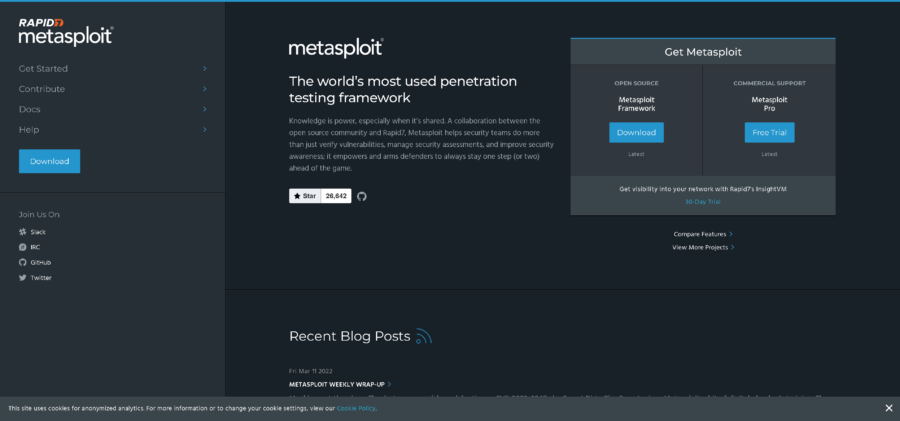Amazon has taken one more giant leap in its ongoing quest to redefine the retail world. This time it has gone into private labels. It was announced last week that it would start selling diapers and baby wipes under its own Amazon Elements name.
These baby products are likely just the first of a universe of items that Amazon could sell, but the development of an in-house brand that sells directly against its existing supplier base is an interesting if not wholly unexpected move.
The Amazon Elements line is currently only available to subscribers of its Prime service. Prime is a subscription-based program (US$ 99 per year), and these first proprietary products are not the least expensive choices available to its customers, in fact the Amazon Elements prices currently range approximately 10 percent higher than other brands such as Huggies and other retailers such as Target.
Sunny Jain, Amazon.com consumables vice president, said, in a statement “The two things customers told us they want are premium products that meet their high standards, and access to information so they can make informed decisions.” As such the products are presented as a premium line, which comes equipped with far greater detail regarding the ethical sourcing of its materials and manufacture. With an eye to capturing the conscience of a certain stratum of aware consumer, Amazon is placing great emphasis on the products’ “transparent origins.” As their press release states:
“Each Amazon Elements product page has an unprecedented level of information ranging from where items were sourced, to facts about why each ingredient was used to make the product. Plus, each Amazon Elements package has a unique code that can be scanned using the Amazon mobile shopping app to track its specific ingredients and their origins, its date and place of manufacture, date of delivery, ‘best by’ date and more.”
Amazon tends to straddle a dividing line between low price and availability, and has emerged as a clear centerpiece in the shopping arena. Its most recent innovations, including grocery delivery service Amazon Fresh, and the potential for drone-based home delivery, demonstrates a continual pushing of the retail envelope. The introduction of private label brands will likely serve as a shakeup to suppliers of products of any sort, given that Amazon essentially owns a significant share of the retail playing field.
By Steve Prentice





